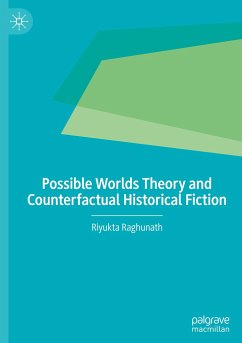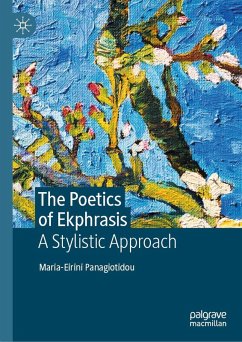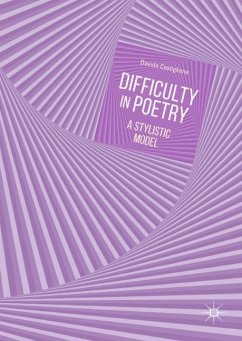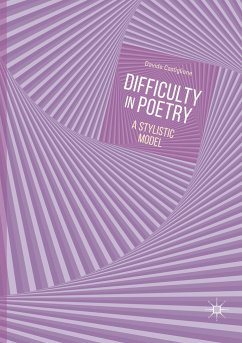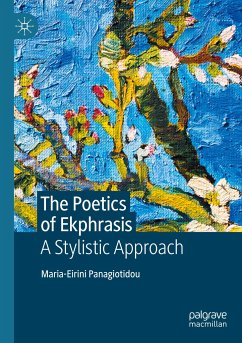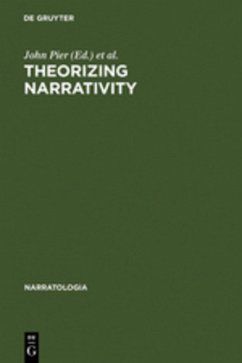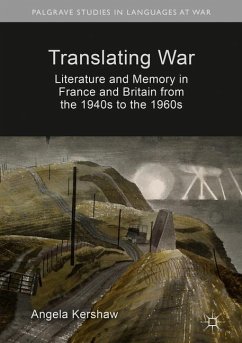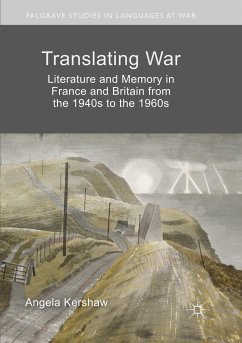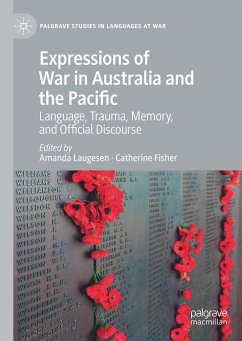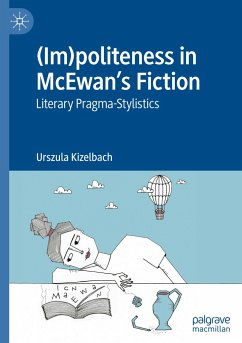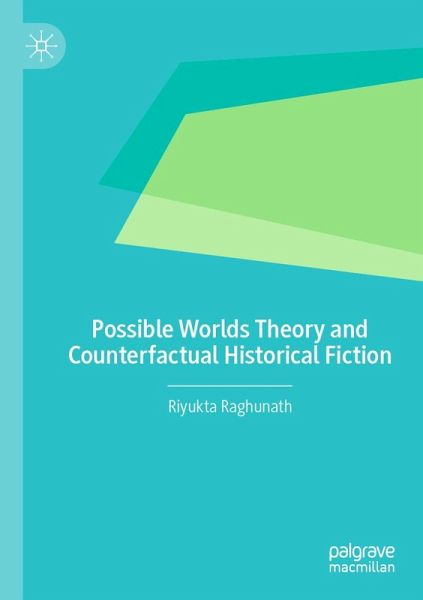
Possible Worlds Theory and Counterfactual Historical Fiction
Versandkostenfrei!
Versandfertig in 6-10 Tagen
76,99 €
inkl. MwSt.
Weitere Ausgaben:

PAYBACK Punkte
38 °P sammeln!
This book offers a comprehensive Possible Worlds framework with which to analyse counterfactual historical fiction. Counterfactual historical fiction is a literary genre that comprises narratives set in worlds whose histories run contrary to the history of our world, usually speculating on what would have happened had a significant historical event (such as a war) turned out differently. The author develops a systematic critical approach based on a customised model of Possible Worlds Theory supplemented by cognitive concepts that account for the different processes that readers go through when...
This book offers a comprehensive Possible Worlds framework with which to analyse counterfactual historical fiction. Counterfactual historical fiction is a literary genre that comprises narratives set in worlds whose histories run contrary to the history of our world, usually speculating on what would have happened had a significant historical event (such as a war) turned out differently. The author develops a systematic critical approach based on a customised model of Possible Worlds Theory supplemented by cognitive concepts that account for the different processes that readers go through when they read counterfactual historical fiction, a genre which relies heavily on pre-existing knowledge about history and culture. This book will be of interest to anyone working with Possible Worlds, including within the fields of philosophy, literary studies, stylistics, cognitive poetics, and narratology.





